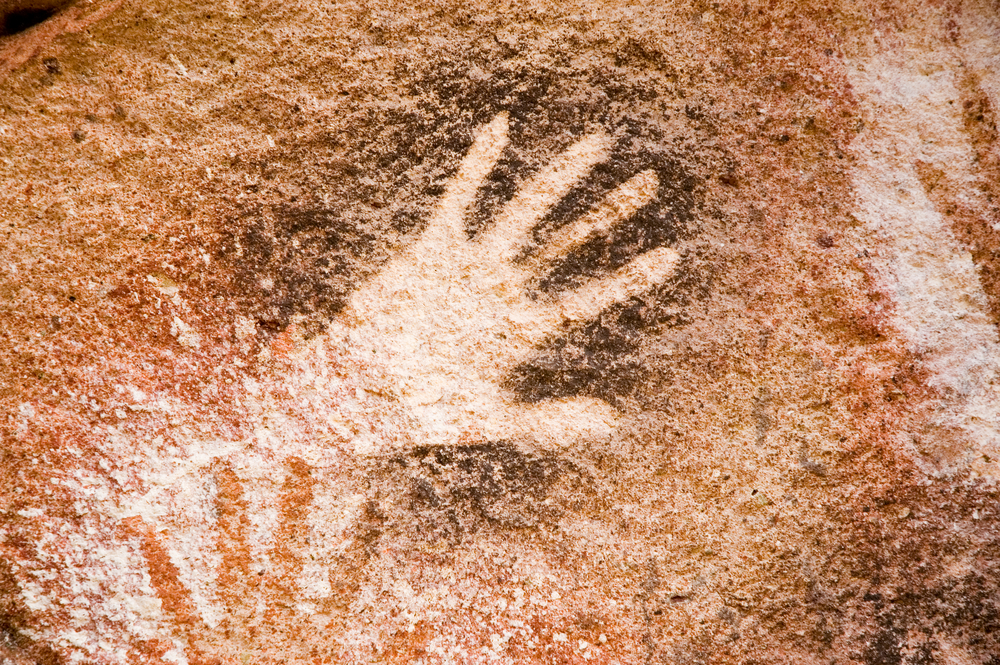Written by Prof. Simon Kay
To explore more about the functionality of the hand, and the implications of limb loss, join our morning lecture on Saturday 6th of Feb: BOOK HERE

The human hand is constantly on view, like the face, and each serves a wide variety of functions through movement and through sensing. Each conveys thoughts and emotions, is capable of examining, sensing, grasping in highly special ways, and each has a role in loving, caring and sex.
Each offers information both passively and actively about us, and is capable of communicating silently quite complex information. Each has (probably consequently) a particular quality of beauty and significance for use he hand however has remarkable abilities in manipulation and a repertoire of movement that allows power and grace.
All of its parts are elegantly adapted to individual function and to the coherent concert of movement that makes it so beautiful. Whether considering the pulp, the nail, the articulations, the palmar skin contrasting with other skin, the act of opposition, or simply the changes of ageing, each hand is unique to each human, as distinct (forensically) as DNA and often customised perhaps with jewels, or varnish or tattoos.
The hand played an enabling part in our evolution and, credibly, in the evolution of language and thought, as the fossil record shows. There is a deep atavistic understanding of the essential humanness of a hand, and that they work in partnership with their opposite member, completing the circle of competence and manipulation and embracing that is formed by the upper limbs and body.




